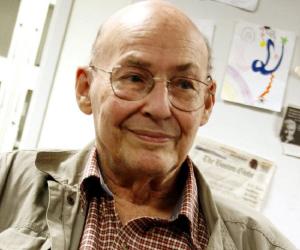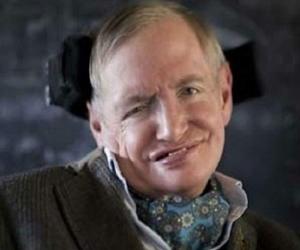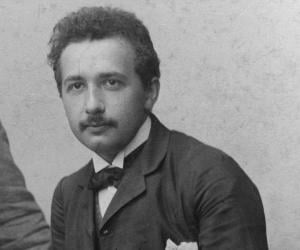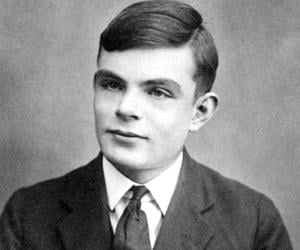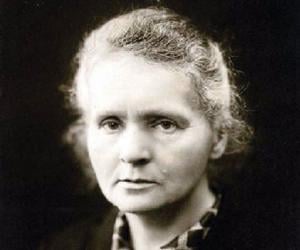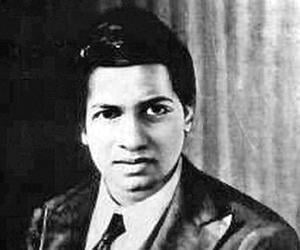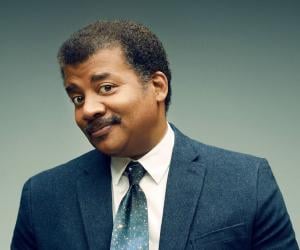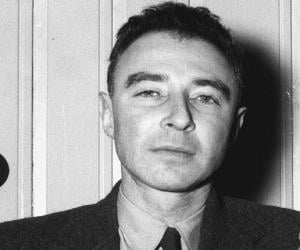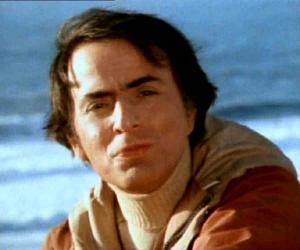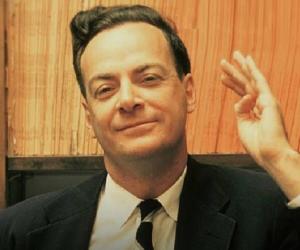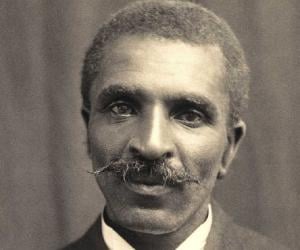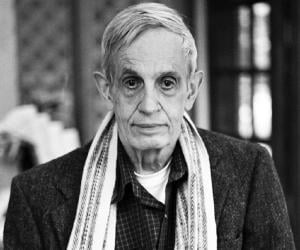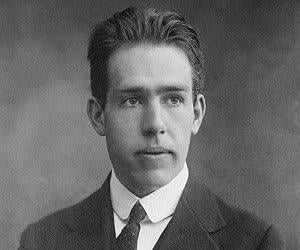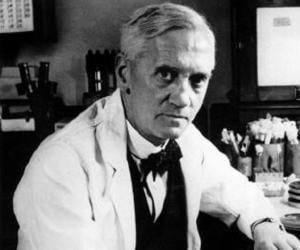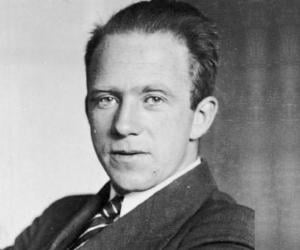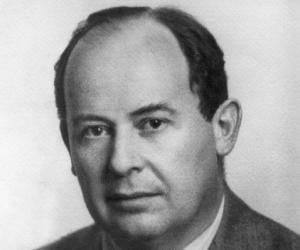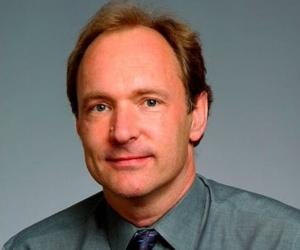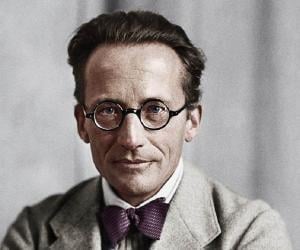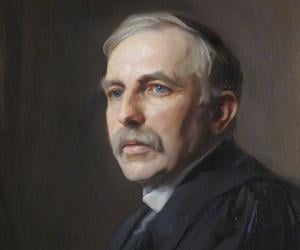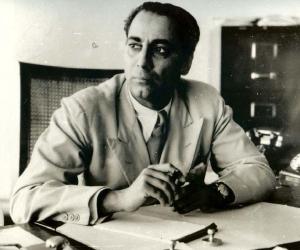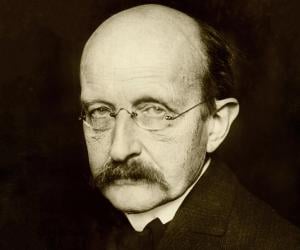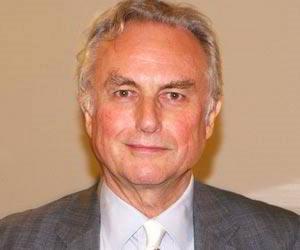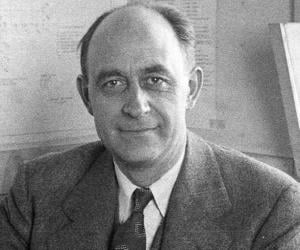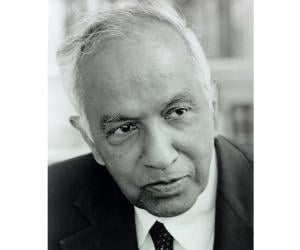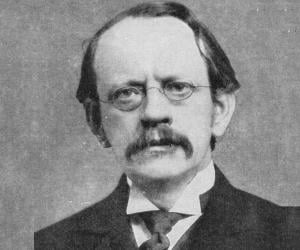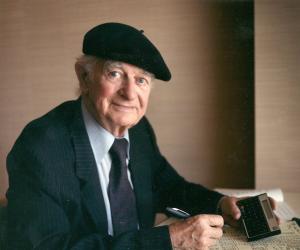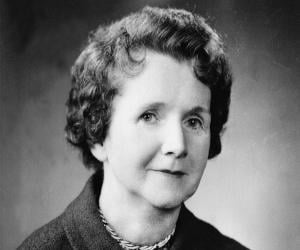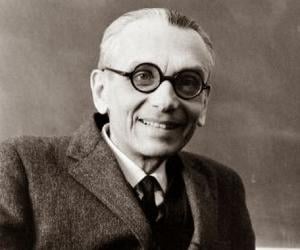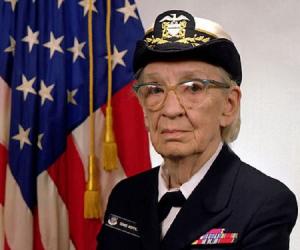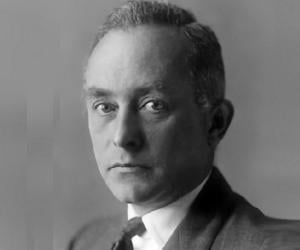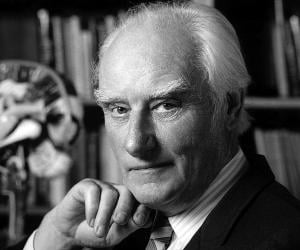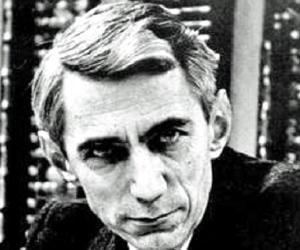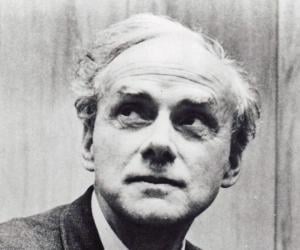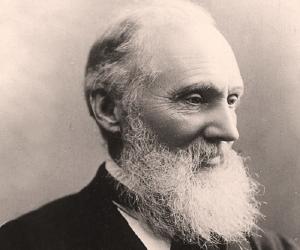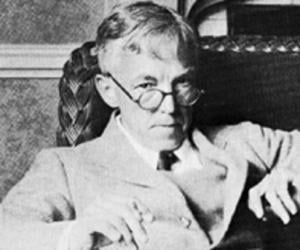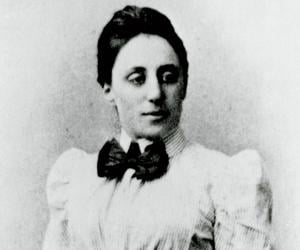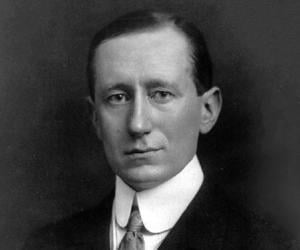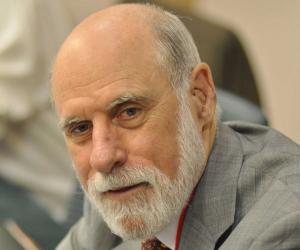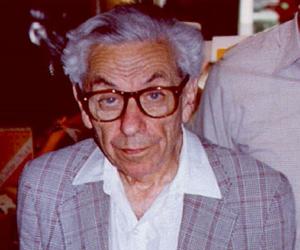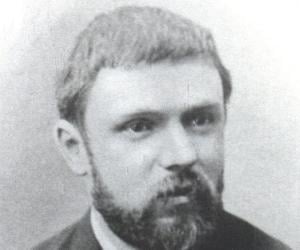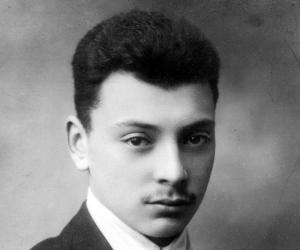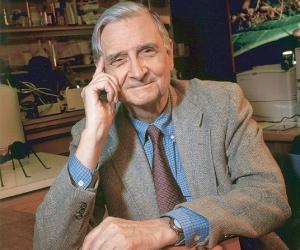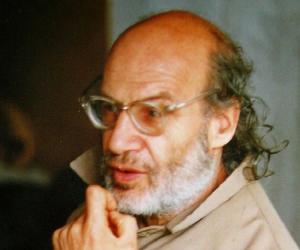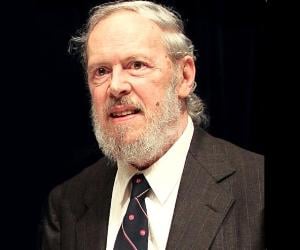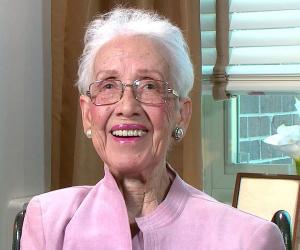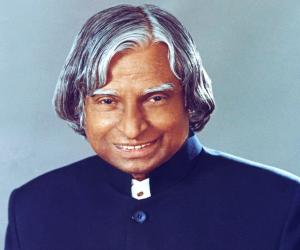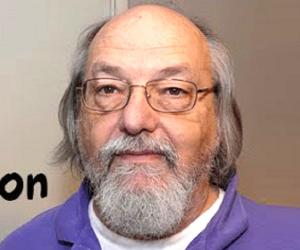Stephen Hawking was an English theoretical physicist and cosmologist, who despite being afflicted motor neurone disease that severely limited his physical abilities, was able to build a phenomenally successful career. He was the first to set out a theory of cosmology explained by a union of the general theory of relativity and quantum mechanics. Hawking was ranked 25 in the BBC's poll of the 100 Greatest Britons, in 2002.
Regarded as the father of computer science and artificial intelligence, Alan Turing was a distinguished mathematician and logician. During WWII, he successfully broke the challenging German Enigma machine codes thereby reducing the duration of war by a couple of years. The scientist, who was convicted for being gay, has been an inspiration for numerous films, plays and novels.
A self-taught genius Indian mathematician, Srinivasa Ramanujan is known for his contributions to mathematical analysis, number theory and continued fractions. Born into a humble family, the celebrated mathematician struggled with poverty but still managed to publish first of his papers in the Journal of the Indian Mathematical Society. Later, his collaboration with English mathematician G. H. Hardy proved very productive.
Public Welfare Medal-winning astrophysicist and academic Neil deGrasse Tyson hosted shows such as NOVA ScienceNow, Cosmos: A Spacetime Odyssey, and Star Talk. He is the director of Hayden Planetarium and contributed to the dismissal of Pluto’s status as the ninth planet. He has also written a monthly column as "Merlin.”
Hailed as a brilliant scientific mind, American physicist J Robert Oppenheimer, led the Manhattan Project which resulted in the development of atomic bomb during the World War II. The bombs were dropped on the Japanese cities of Hiroshima and Nagasaki in 1945. However, Oppenheimer was in a constant conflict over the moral issue of the weapons of mass destruction and rallied against nuclear proliferation.
Theoretical physicist Richard Feynman won the Nobel Prize in Physics in 1965, along with Julian Schwinger and Shin'ichirō Tomonaga, for his research on quantum electrodynamics. He also contributed to the development of the atomic bomb. Feyman made it to Physics World’s list of the 10 greatest physicists of all time.
Alexander Fleming was a Scottish microbiologist and physician. He is credited with discovering penicillin, the world's first effective antibiotic substance; a discovery that changed the course of history. He also discovered lysozyme, an antimicrobial enzyme which forms part of the innate immune system. In 1999, Fleming was named in Time magazine's 100 Most Important People of the 20th century list.
Widely known as ten inventor of the world wide web, Tim Berners-Lee made the first communication between an HTTP client and server through the internet in 1989. He is associated with various organizations, such as the W3C and the World Wide Web Foundation, and has received the knighthood, too.
New Zealand physicist Ernest Rutherford is remembered as the father of nuclear physics. His discovery of radioactive half-life and of radon, and his differentiation of alpha and beta radiation, won him the Nobel Prize in Chemistry in 1908. Element 104 was named rutherfordium in his honor.
Padma Bhushan-winning physicist Homi Bhabha revolutionized the Indian nuclear program singlehandedly. Born into an affluent family, he was educated at Cambridge. Initially geared toward a career in mechanical engineering, he later drifted to physics, eventually contributing to the formation of TIFR. The Bhabha Atomic Research Centre is named after him.
German theoretical physicist Max Planck is remembered for originating the quantum theory of physics, which earned him the 1918 Nobel Prize in Physics. He laid down concepts such as the Planck constant and the Planck postulate. The Kaiser Wilhelm Society was later renamed Max Planck Society in his honor.
Richard Dawkins is a British ethologist, author, and evolutionary biologist. He first achieved popularity after publishing his book, The Selfish Gene, which is credited with popularizing the gene selection theory. The book is also credited with introducing the term meme. In 2006, he established the Richard Dawkins Foundation for Reason and Science to promote secularism and scientific literacy.
Remembered for his varied contribution to astrophysics, Subrahmanyan Chandrasekhar is perhaps best known for his work on the evolution of massive stars. Today known as Chandrasekhar limit, it contributed to final understanding of supernovas, neutron stars, and black holes. A prolific writer, he also did significant work on energy transfer by radiation in stellar atmospheres and convection on solar surface.
J. J. Thomson was a British physicist credited with the discovery of the electron, the first subatomic particle to be discovered. He was awarded the Nobel Prize in Physics in 1906 for his work on the conduction of electricity in gases. In 1884, he was appointed Cavendish Professor of Physics at the University of Cambridge.
Only person to win two unshared Nobel Prizes, Linus Carl Pauling was an American theoretical physical chemist, who received the 1954 Nobel Prize in Chemistry for his work on nature of chemical bond and 1962 Nobel Prize for Peace for his efforts to stop nuclear weapon testing. Also a prolific writer and educator, he has published 1,200 books and papers.
Rachel Carson was a conservationist, marine biologist, and author. She is credited with authoring an influential book titled Silent Spring, which played a significant role in advancing the global environmental movement. Carson is also remembered for her book, The Sea Around Us, which earned her a U.S. National Book Award. She was posthumously honored with the Presidential Medal of Freedom.
Hailed as one of the greatest logicians since Aristotle, Kurt Gödel was Austrian-born American mathematician, logician, and philosopher, who earned international stardom for his incompleteness theorem. Also credited with developing a technique called Gödel numbering, he later started working on Mathematical Platonism, a philosophical theory that failed to attract wide acceptance.
Nobel Prize-winning British biophysicist Francis Crick is best known for his ground-breaking work to determine the structure of the DNA, along with James Watson, Maurice Wilkins, and Rosalind Franklin. He taught at various institutes, such as the Salk Institute, and was also awarded the Order of Merit.
Claude Shannon was an electrical engineer, mathematician, and cryptographer. He is credited with publishing the article A Mathematical Theory of Communication which gave rise to the field of information theory. Hence, Shannon is considered the father of information theory. He is also credited with founding digital circuit design theory. During World War II, he contributed to the field of cryptanalysis.
English theoretical physicist and Nobel laureate Paul Dirac OM FRS, counted among leading physicists of the 20th century, made fundamental contributions in the early development of quantum electrodynamics and quantum mechanics. He derived the Dirac equation while the modern theory of antimatter began with one of his papers. His book The Principles of Quantum Mechanics remains an influential monograph on the subject.
Lord Kelvin was a British mathematical physicist and engineer. He studied at the Glasgow University and proceeded to teach there as well. Besides his academic career, he also had a career as an electric telegraph engineer and inventor. He received the Royal Society's Copley Medal in 1883. Absolute temperatures are stated in units of kelvin in his honor.
English mathematician G. H. Hardy is best recognised for his work and achievements in number theory and mathematical analysis, and also as mentor of distinguished Indian mathematician Srinivasa Ramanujan. He is noted for his essay on mathematics titled A Mathematician's Apology. He also made his mark in biology formulating a basic principle of population genetics called Hardy–Weinberg principle.
Emmy Noether was a German mathematician best remembered for her contributions to abstract algebra. She is credited with discovering Noether's theorem, which is regarded as a fundamental theorem in mathematical physics. One of the most important mathematicians of her generation and the most important woman in mathematics history, Emmy Noether developed theories of algebras, fields, and rings.
Guglielmo Marconi was an Italian electrical engineer and inventor best remembered for his work on long-distance radio transmission. Marconi, who is credited with inventing the radio, was honored with the 1909 Nobel Prize in Physics for his work in the field of wireless telegraphy. Also a businessman, Marconi founded the Wireless Telegraph & Signal Company in 1897.
Hungarian mathematician Paul Erdős spent most of his childhood at home, due to his mother’s overprotectiveness after his sisters died of scarlet fever. Known for his eccentricity, he used his own vocabulary. His contributions include the Ramsey theory, and he skipped many university job offers to continue working independently.
Nobel Prize-winning Austrian physicist Wolfgang Pauli is remembered for his contribution to quantum physics and for laying down the Pauli principle. While he was initially married to a cabaret dancer, the marriage ended in a divorce after a year. His written works are considered classics in science.
E. O. Wilson is an American naturalist, biologist, and writer. An influential biologist, Wilson has earned several nicknames, such as The Darwin of the 21st century. He has also been referred to as the father of biodiversity and the father of sociobiology. In 1995, he was ranked among the most influential American personalities by Time magazine.
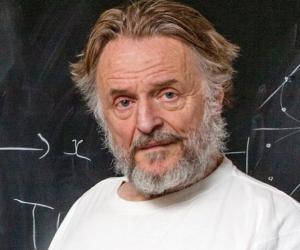
Remembered as versatile mathematician, game wizard and polymath, John Horton Conway had limitless curiosity, which matched with his scientific originality. Although he is best known for devising the cellular automation called Game of Life, he made significant contributions to group theory, number theory, algebra, geometric topology, theoretical physics, combinatorial game theory and geometry. Conway published many outstanding papers in these fields.
Alexander Grothendieck was a 20th-century mathematician who was a leading figure in the creation of modern algebraic geometry. With his so-called "relative" perspective, he revolutionized many areas of pure mathematics. During his later career, he became a professor at the University of Montpellier. He is counted among the greatest mathematicians of the 20th century.
Computer scientist, Dennis MacAlistair Ritchie, worked at Bell Labs Computing Sciences Research Center for most of his career, co-developing the Unix operating system and B programming language with Kenneth Thompson, co-winning the 1983 A.M. Turing Award for it. Earlier, he had also created C programming language and was involved with the development of the Plan 9 and Inferno operating systems.
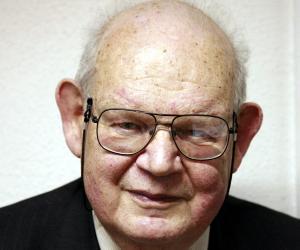
Noted mathematician and polymath, Benoit B. Mandelbrot is perhaps best known for his work on fractal. He not only coined the term, but also used computer-constructed images to illustrate the mathematical definition. Also credited with the discovery of Mandelbrot set and Mandelbrot law, he established that even those things which were apparently chaotic or rough had a "degree of order".
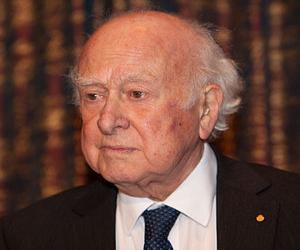
Peter Higgs is a British theoretical physicist. He studied at King's College London and was awarded a Ph.D. in 1954. He went on to have a brilliant academic career and was elected Fellow of the Royal Society (FRS) in 1983. In 2013, he shared the Nobel Prize in Physics with Belgian physicist François Englert.
